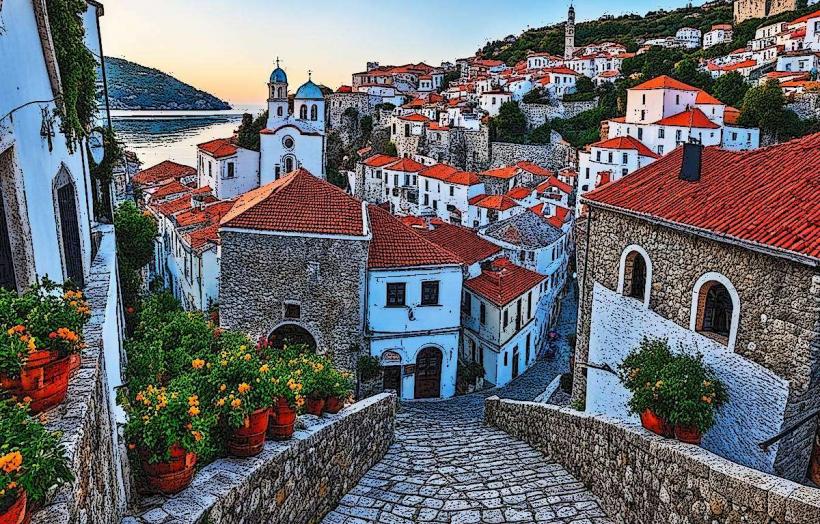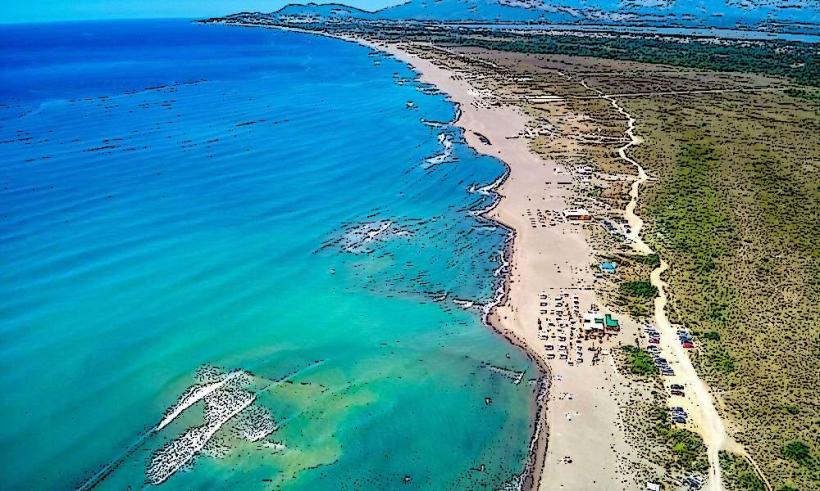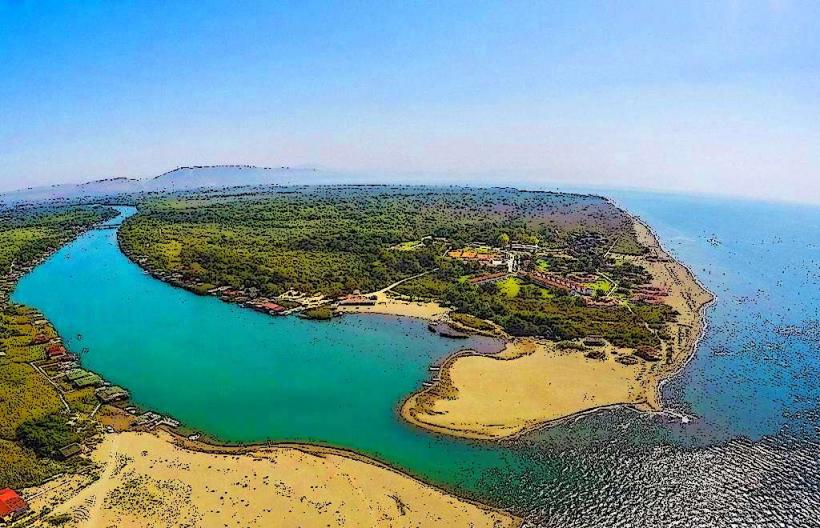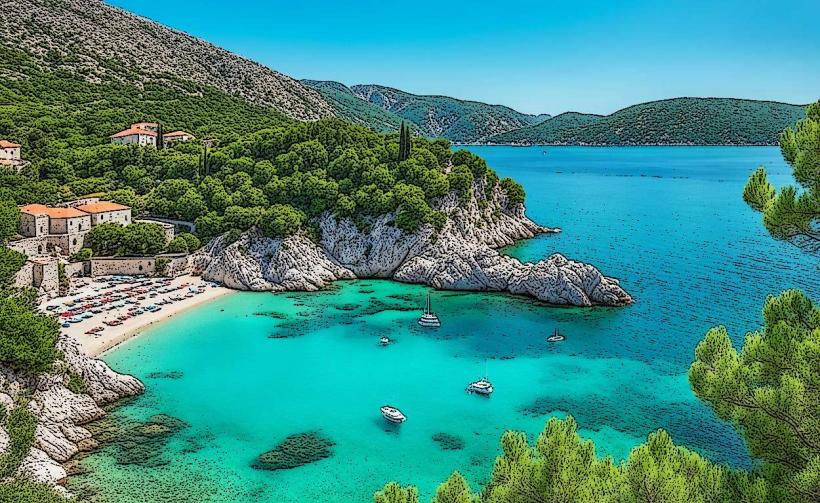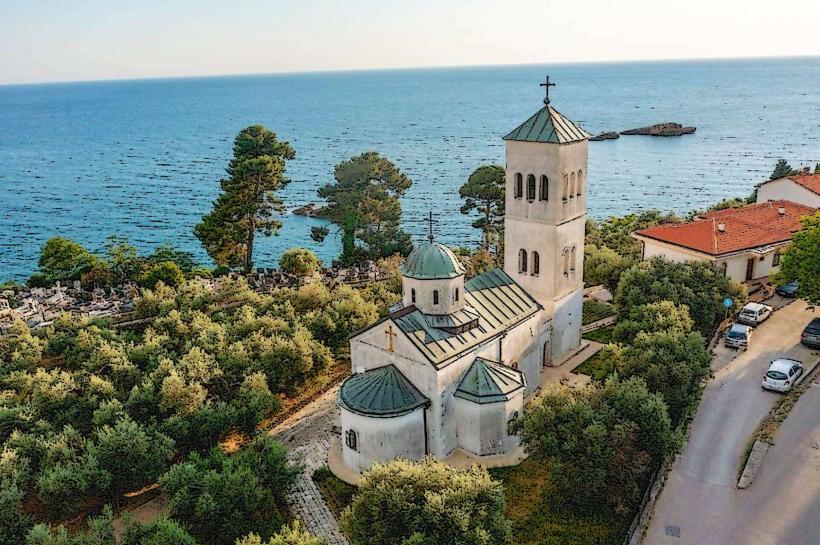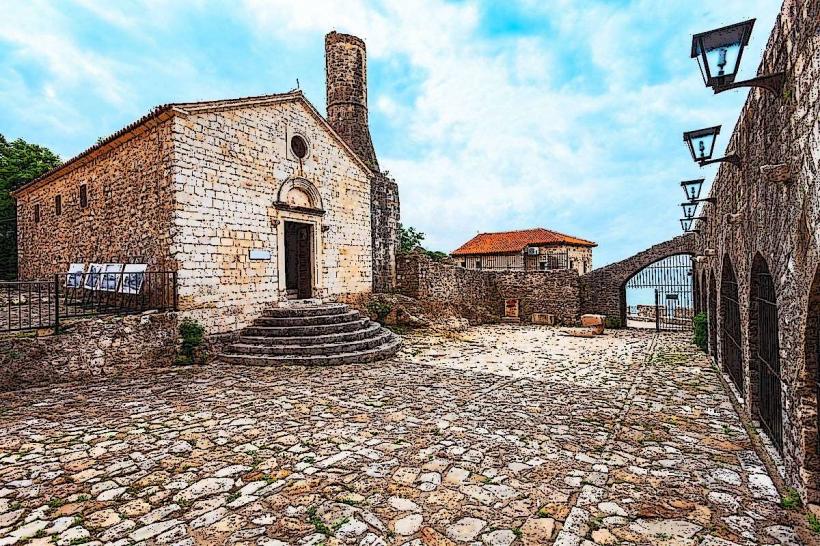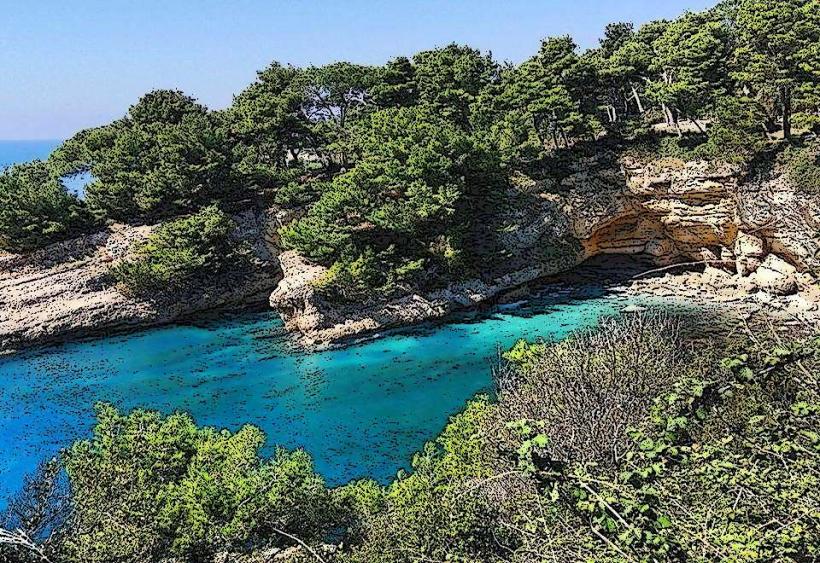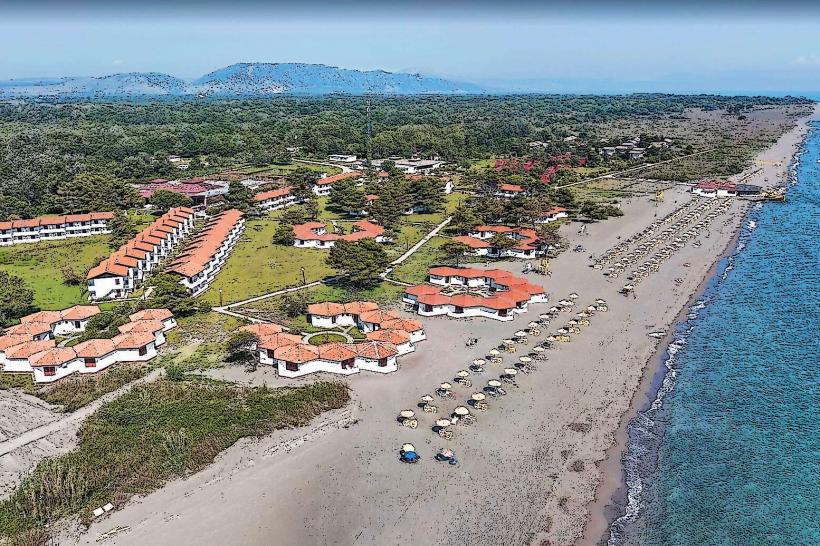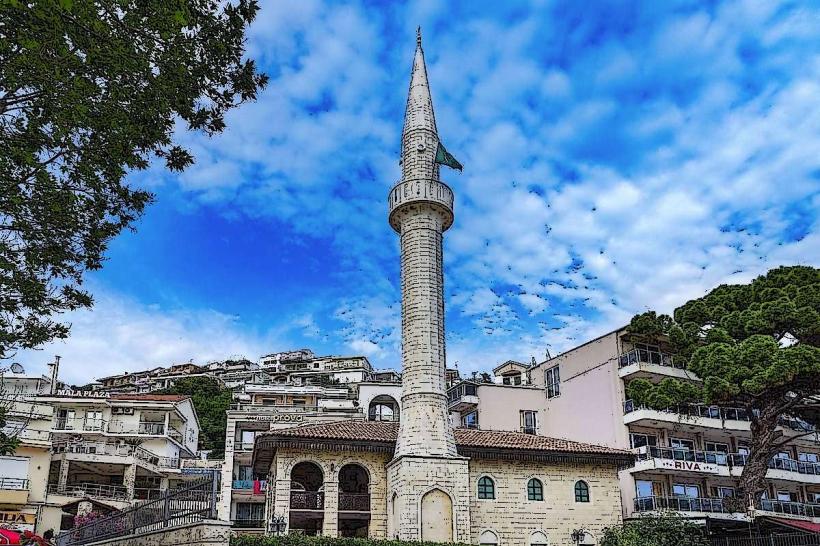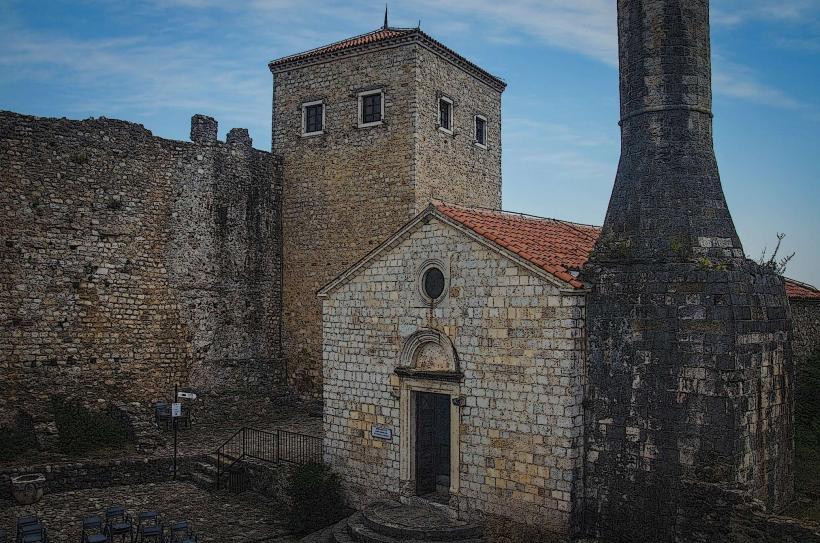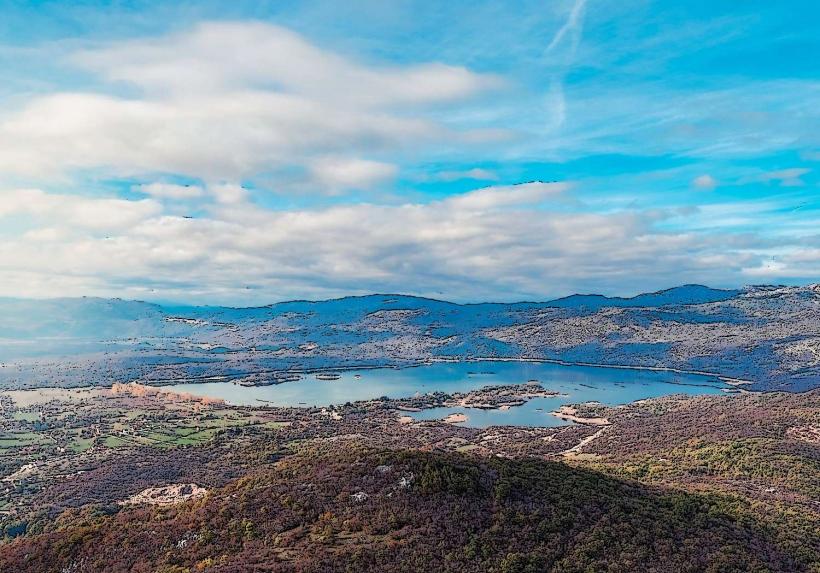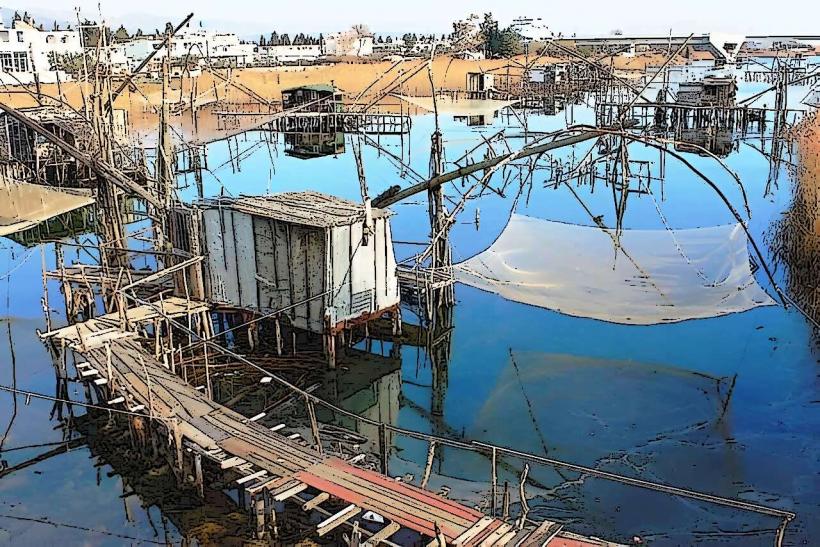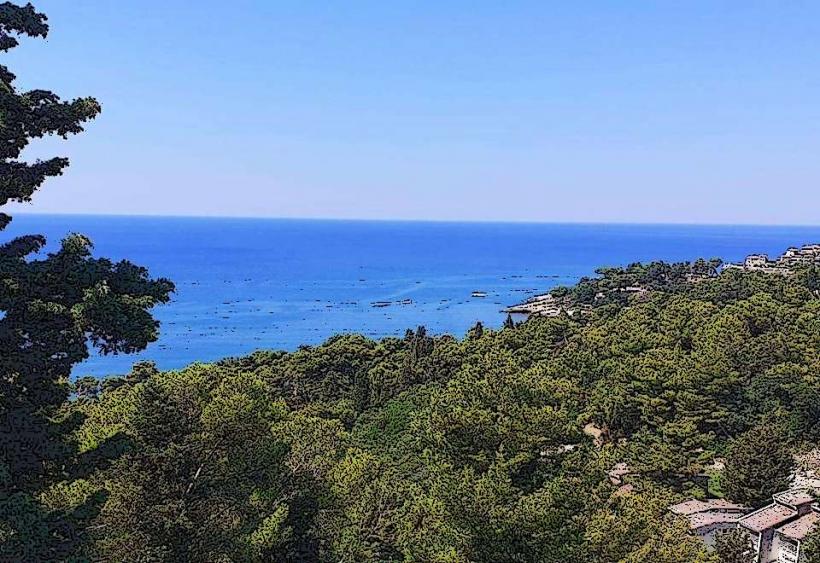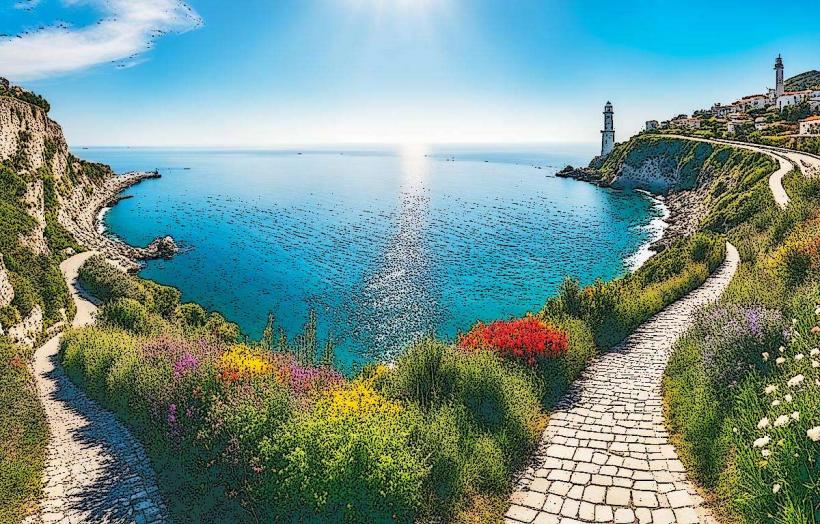Information
Landmark: Ulcinj CastleCity: Ulcinj
Country: Montenegro
Continent: Europe
Ulcinj Castle, Ulcinj, Montenegro, Europe
Ulcinj Castle (or Ulcinj Fortress) is one of the most significant historical landmarks in Ulcinj, located in the Old Town of this coastal city in southern Montenegro. The castle is perched on a hill overlooking the Adriatic Sea, offering spectacular views of the coastline and the surrounding area. It is a testament to the region’s rich cultural and historical heritage, with structures that date back to antiquity.
Historical Background
- Ancient Origins: The Ulcinj Castle has a long history, with its origins tracing back to the Illyrian period, over 2,500 years ago. The Illyrians, an ancient group of peoples who lived in the western Balkans, were the first to establish settlements in the area. The castle was originally a strategic point for the Illyrians and later served as an important fortification for the Romans, Byzantines, and Venetians.
- Roman and Byzantine Periods: The castle and surrounding area were influenced by the Romans and Byzantines, who used the natural high ground for defensive purposes. During Roman times, the settlement at Ulcinj was known as Colchinium, and the fortress was part of their military infrastructure.
- Ottoman Influence: The castle became particularly significant during the Ottoman period, which began in the late 15th century. The Ottomans fortified the castle further, adding walls, towers, and other elements that were typical of Ottoman military architecture.
- Later History: Over the centuries, the castle was expanded and modified by various powers, including the Venetians, who controlled the region at different times. After Montenegro gained independence in the 19th century, the castle's military significance diminished, and it became a symbol of Ulcinj's historical past.
Architectural Features
- Fortifications and Walls: The Ulcinj Castle is surrounded by thick, stone walls and towers, many of which date from the Ottoman and Venetian periods. The castle’s strategic position on a high hill allowed it to control the surrounding area and offer protection to the town of Ulcinj.
- The Citadel: At the highest point of the castle complex is the citadel, which offers some of the most breathtaking panoramic views of the surrounding area, including the Adriatic Sea and the town of Ulcinj itself. The citadel contains remnants of various fortifications, including defensive walls, towers, and gates, some of which date back to the 16th century.
- The Watchtower: One of the prominent features of the castle is its watchtower, which stands tall over the town. This structure was originally used for surveillance and defense, providing a strategic lookout over the sea and the land.
- Gates and Entrances: The castle has several entrances, including the main gate, which is marked by a large archway. Some of the gates were fortified with additional defensive features, including battlements and drawbridges, which were designed to protect the castle from invaders.
Cultural and Historical Significance
- Strategic Location: The castle’s location on a steep hill overlooking the Adriatic Sea made it a critical defensive position throughout history. It provided control over the sea routes and acted as a fortress during numerous sieges and battles. This location allowed the residents to defend Ulcinj and its surrounding areas from foreign invasions.
- Ottoman Legacy: The castle reflects the Ottoman period’s influence on the architecture of the region, particularly in its design and construction. The Ottomans reinforced the fortifications of the castle and used it as a military outpost to maintain control over the area.
- Venetian Influence: The Venetians also had a lasting impact on the castle, especially in the form of architectural features such as towers and gates, which blend Venetian and Mediterranean styles.
- Cultural Heritage: Today, the castle stands as a symbol of Ulcinj’s rich history, showcasing the blend of cultures and civilizations that have shaped the town over millennia. It is also an important part of Montenegro's cultural heritage and attracts both history enthusiasts and tourists.
Tourism and Modern-Day Ulcinj Castle
- Tourist Attraction: Ulcinj Castle is a major tourist destination, drawing visitors for its rich history, stunning views, and well-preserved structures. It provides a glimpse into the past civilizations of the region, offering insight into the military, cultural, and architectural achievements of the different empires that ruled the area.
- Museum Exhibits: Some parts of the castle are open to the public and house exhibits related to the town’s history. These exhibits feature items from the Roman, Ottoman, and Venetian periods, as well as artifacts from Ulcinj’s long-standing maritime tradition. Visitors can explore the various sections of the castle, including the defensive walls, towers, and other historical features.
- Events and Festivals: The castle is sometimes used for cultural events, including festivals, concerts, and art exhibitions, which take advantage of the castle's historical ambiance and magnificent setting. These events are particularly popular during the summer months, when the town of Ulcinj attracts large numbers of tourists.
- Photography and Scenic Views: The castle offers some of the most beautiful views of the Adriatic Sea, the nearby beaches, and the town itself. Many visitors come to the castle to capture photographs of the scenic landscape, especially during sunset when the sun reflects off the waters.
Conclusion
Ulcinj Castle is an essential part of Montenegro's historical and architectural heritage. From its ancient Illyrian origins to its strategic importance during the Roman, Byzantine, Venetian, and Ottoman periods, the castle has played a pivotal role in the defense and cultural development of Ulcinj. Today, it remains one of the most well-preserved and significant historical sites in Montenegro, offering visitors a chance to explore the layers of history and enjoy the stunning views of the Adriatic coast. Whether you’re a history lover, a photography enthusiast, or simply someone seeking a beautiful place to visit, Ulcinj Castle offers a truly unforgettable experience.

